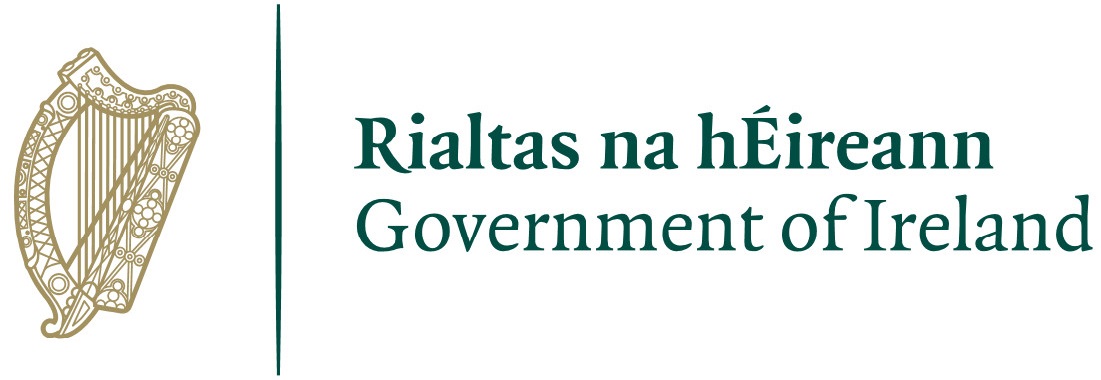Enabling Themes
Updates July 2024 Steering Group meeting
CAPITAL
This strategy has set out a strong sense of the potential of FET if it continues along a pathway of integration, reducing programme silos and structures, and developing much clearer learning pathways into, within and from FET. However, there is strong consensus that capital infrastructure is both a barrier and an enabler to fully realising this ambition. As noted earlier, FET capital stock is of variable quality and is characterised by small scale dispersed facilities, despite some effort to consolidate provision in particular locations within integrated FET centres. The first important step will be to fully understand the nature, purpose, quality and investment requirements across all capital infrastructure. SOLAS will, therefore, commence a full review with ETBs to construct a detailed database of FET buildings, their purpose, size and condition, provision type, numbers of learners and staff, and ownership details.
DIGITAL TRANSFORMATION
Digital Transformation of FET Good progress has been made in recent years to build capability in technology enhanced learning (TEL) across FET, focusing on using technology in pedagogical approaches to teaching and learning, and using tech-led approaches to the provision of education and training. This work is important, but if FET is to maintain its relevance, it must adopt a more holistic approach to how it will embrace and deploy technology over the next five years. Every other system is planning for digital transformation, and FET must be no exception.
LEARNER AND PERFORMANCE
Learner and Performance Centred An essential focus of this strategy is to ensure that we develop a system that is learner-centred and performance-centred. The FET learner base is incredibly diverse, and FET must encourage and reflect this diversity in the way in which it supports learners and offers them clear pathways and outcomes over the next five years. The work on strategic performance agreements and learner voice has provided a strong platform to further enhance a learner-centred and performance approach.
STAFFING AND STRUCTURES
Staffing, Capabilities and Structures The passion and expertise of FET practitioners, and their commitment to putting learners at the heart of everything they do, is one of the great strengths of the system. While some progress has been made on the organisational design of FET within ETBs (most notably with the appointments of Directors of FET which have given it a real drive and strategic focus), there remain numerous legacy design matters that need to be resolved. As we enter a new phase of development for FET, these matters need to be addressed along with a clear sense of how ETB staffing and structures need to evolve to deliver on the Future FET goals set out in this strategy and realise the full potential of the system.


